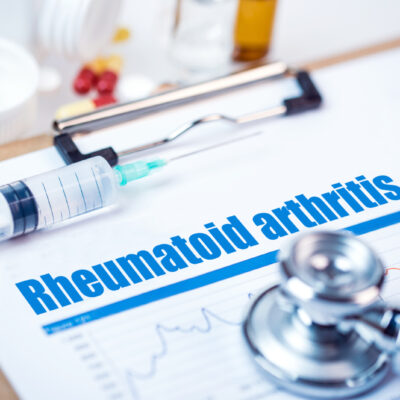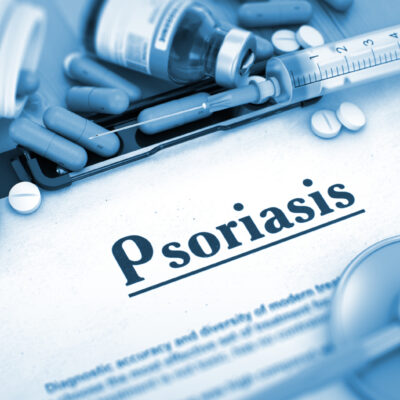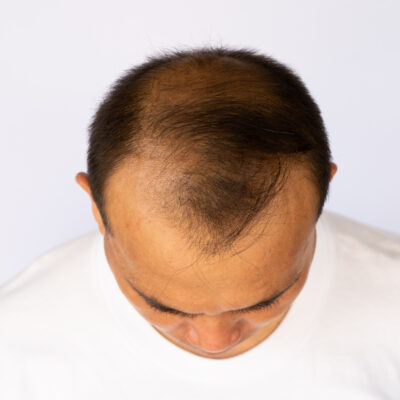
Health
Subtle Signs of IBD That Don’t Affect the Gut
Irritable bowel disease, or IBD, is a condition in which the immune system attacks the lining of the intestines. The most common form of IBD is Crohn’s disease, but there are several other forms of IBD as well. Common IBD symptoms include diarrhea and constipation, abdominal pain, fatigue, and weight loss. However, these are not the only symptoms associated with IBD. Here are subtle signs of IBD that don’t affect the gut: 1. Canker sores Canker sores are small ulcers on the inside of the mouth that are caused by a bacterial infection of the lining of the mouth. They are often associated with a rash called oral erythema. This rash is caused by an immune reaction that causes redness and swelling in the skin. The reaction can be due to an allergy or an infection, but it can also be caused by IBD or other illnesses. 2. Skin issues Cellulitis is a painful bacterial infection that affects the skin and underlying tissue. It can cause redness, swelling, and pain in the affected area. Cellulitis is most commonly caused by an infection from a wound or insect bite. However, it can also be caused by IBD or other diseases. If you have cellulitis, it is important to see a doctor; they will give you antibiotics to treat the skin issue.
Read More 















